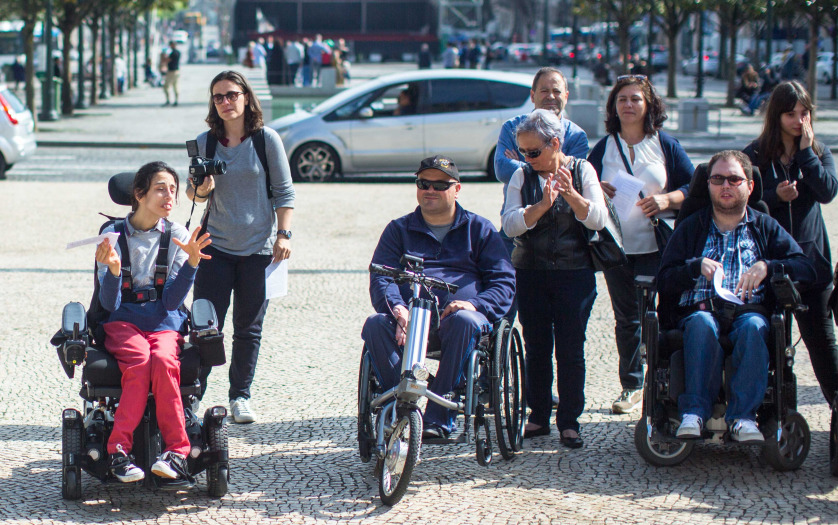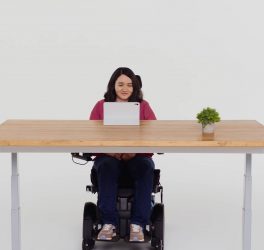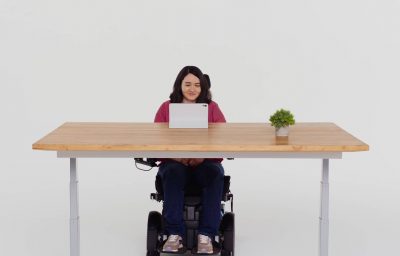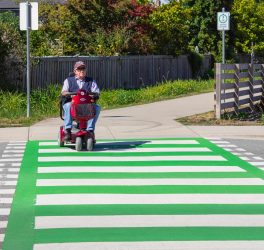
Brexit could be catastrophic for people with disabilities. Everything must be done to ensure we are included at the coming election, writes Anne Wafula Strike in The Guardian.
The European Accessibility Act of 2015 ensures that products and services are accessible to people with disabilities. This Act makes a vital difference to millions of people: what will happen to ii when the UK leaves EU? The European Social Fund currently gives £500m a year to organisations in the UK that provide employment and training support for disadvantaged groups including people with disabilities. MPs have warned that the loss of this fund could be “disastrous”. What measures are there to reduce the damage?
Even the Tory former care minister Caroline Dinenage admitted that “no formal impact assessment” had been carried out by her department to review the impact of a no-deal Brexit on disabled people.
According to government data there are 13.9 million people with disabilities in the UK. That means people with disabilities make up 22% of the UK population – more than one in five. Surely policies affecting the lives of so many people should be prioritised? With an election around the corner, politicians would be foolish to underestimate the voting power of such a large proportion of the population.
Disabled and vulnerable people must not be left out when it comes to voting at the coming election. The postal vote helps those with accessibility issues, but it is also essential that disabled people are visible at polling stations, on election day, to promote inclusion. Plans must consider the weather challenges that come with a December election. There’s now an agency responsible for publishing accessible versions of party manifestos and providing guidance for returning officers to make their polling stations accessible. Resources and infrastructure must be made available to ensure they do so.








